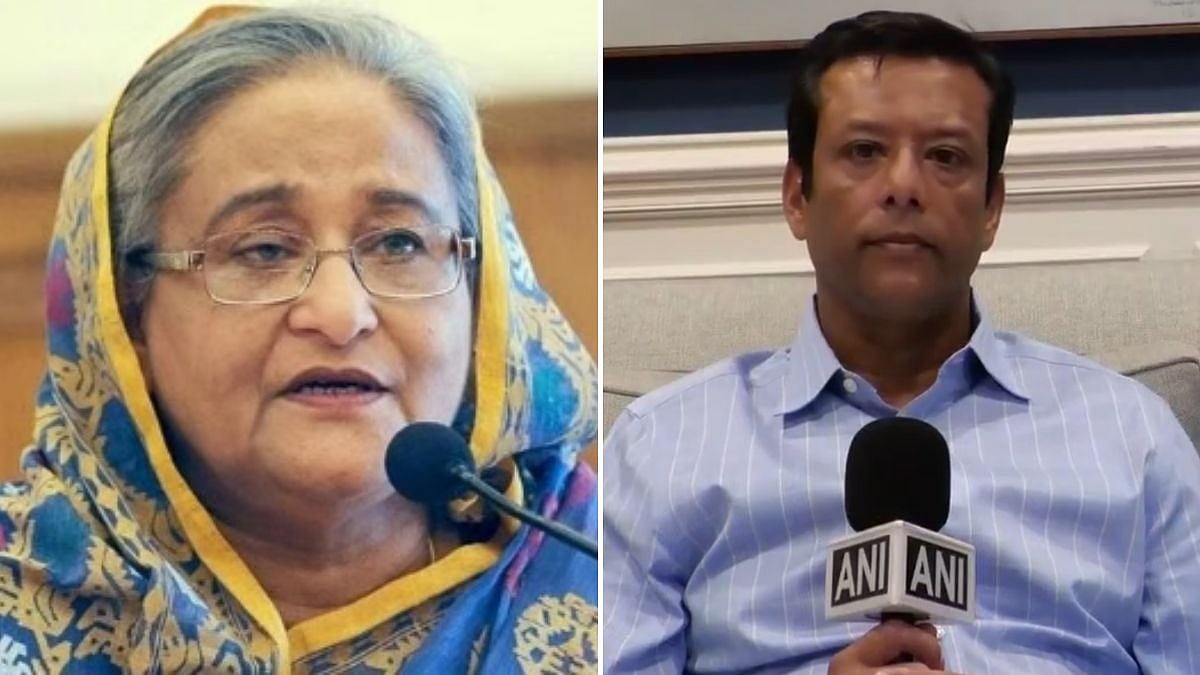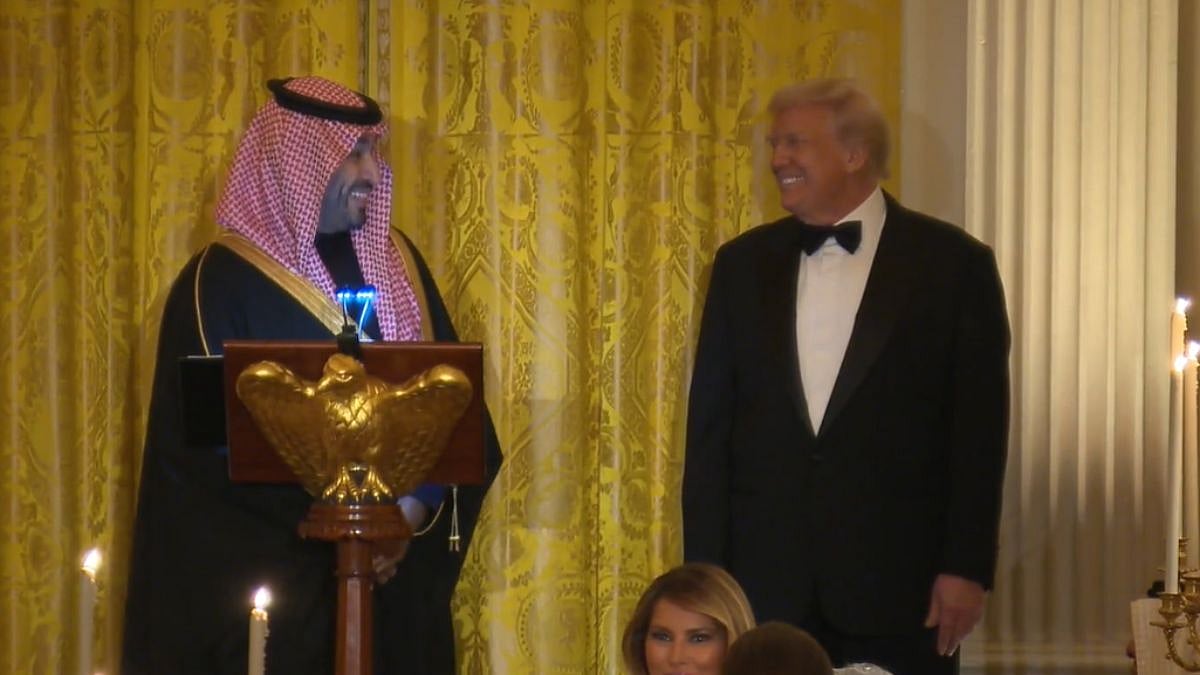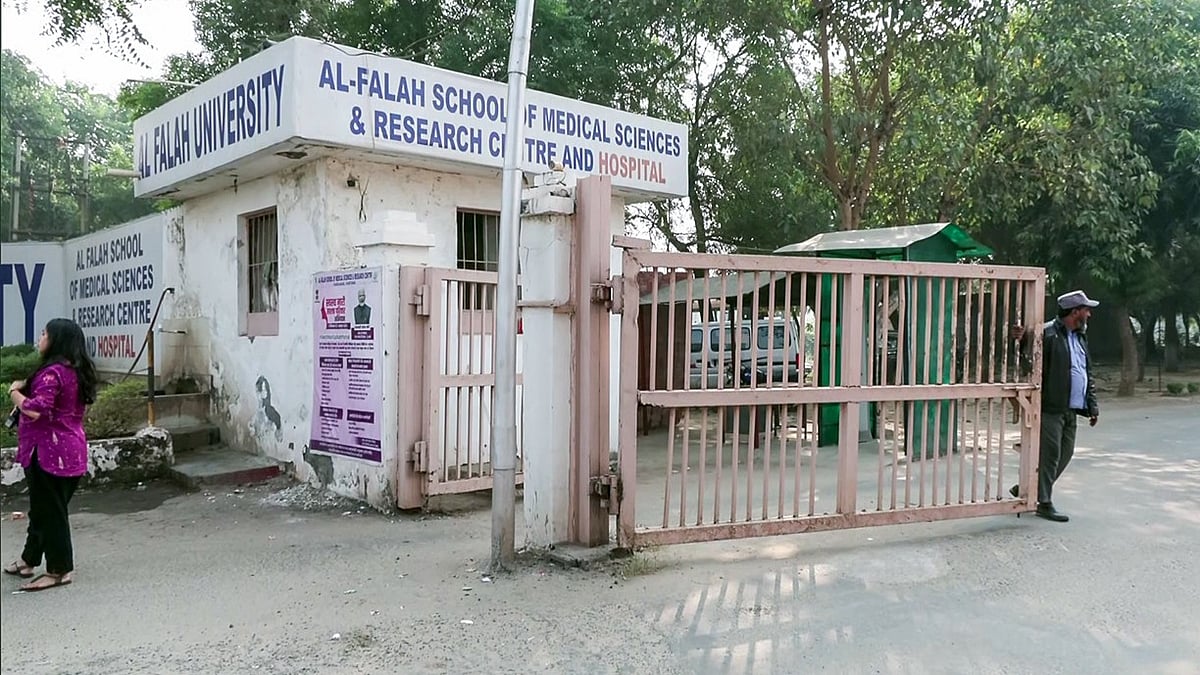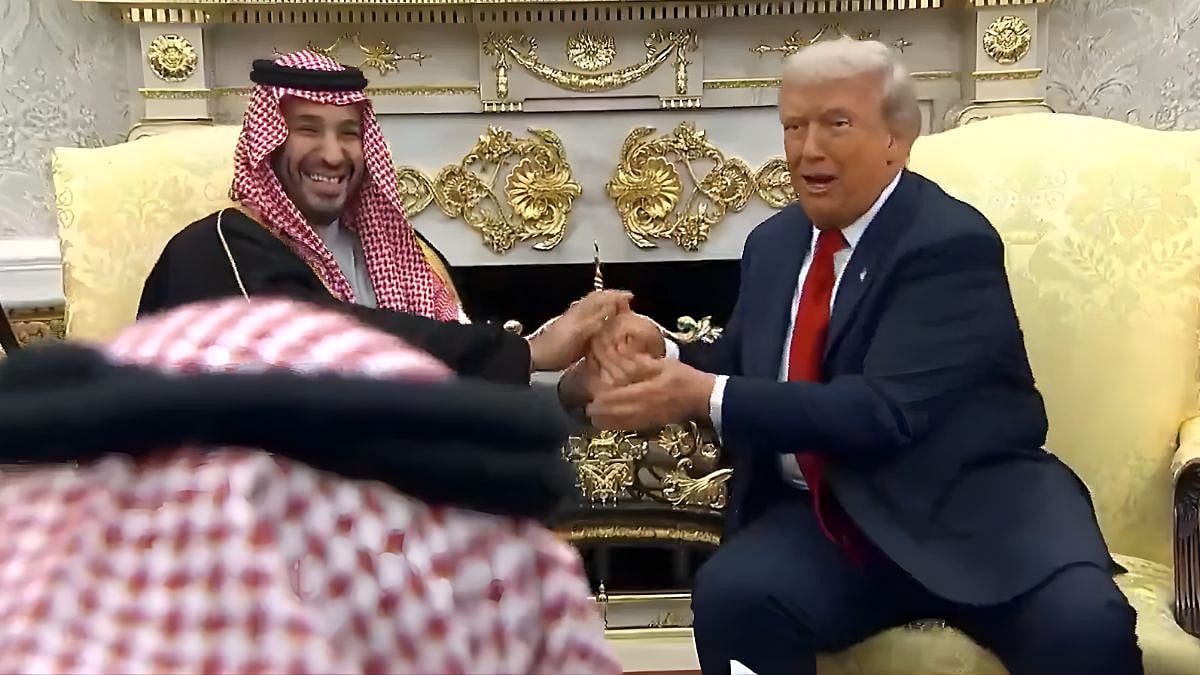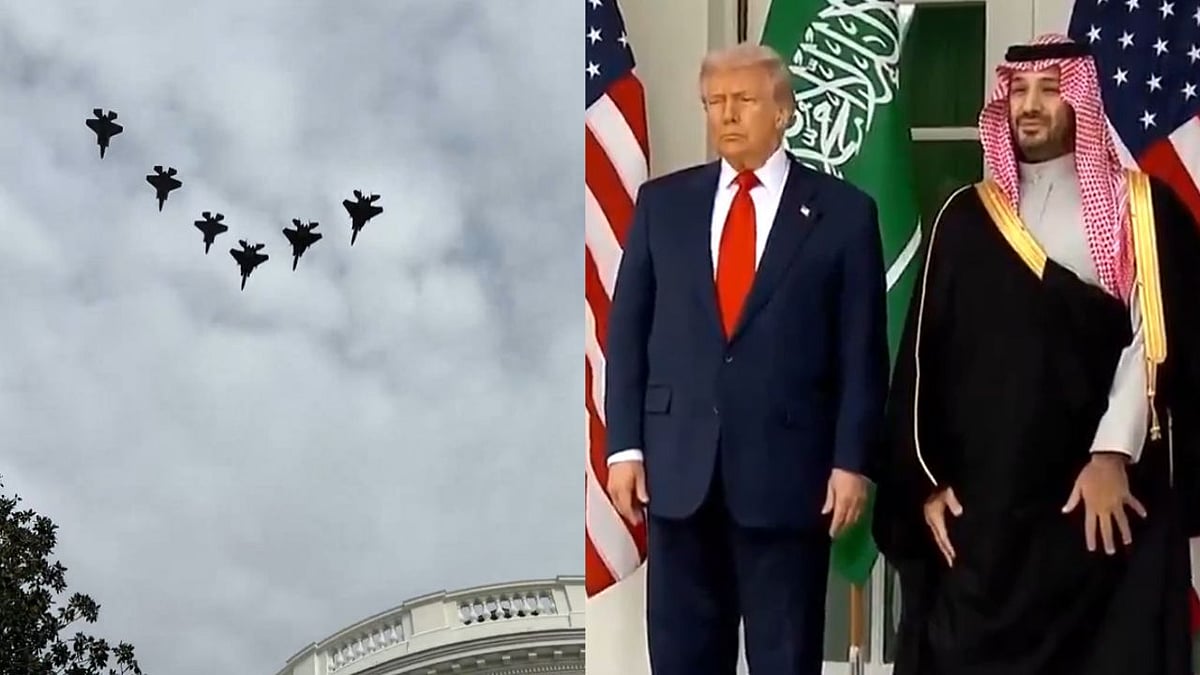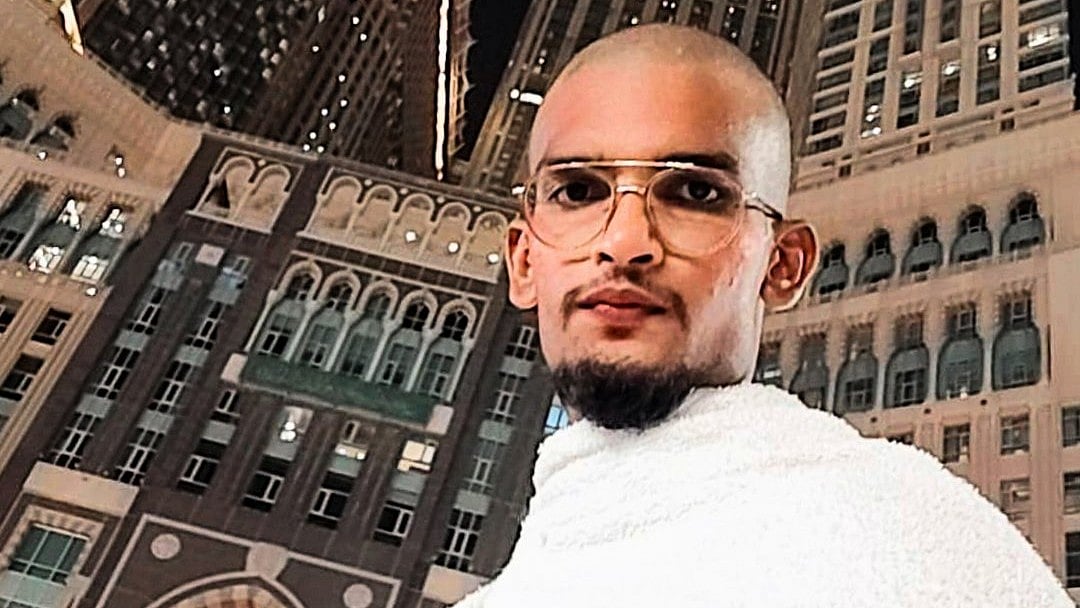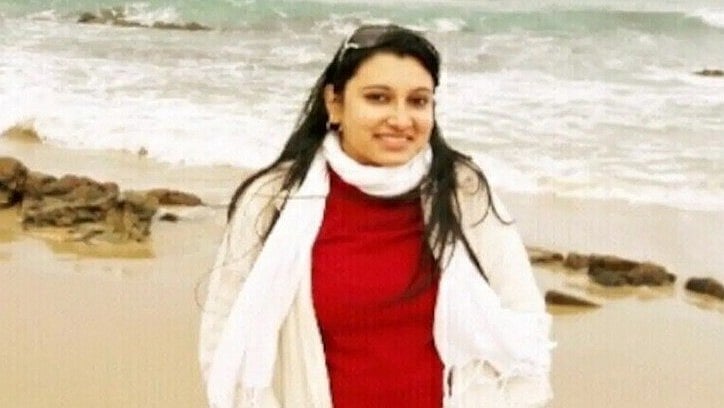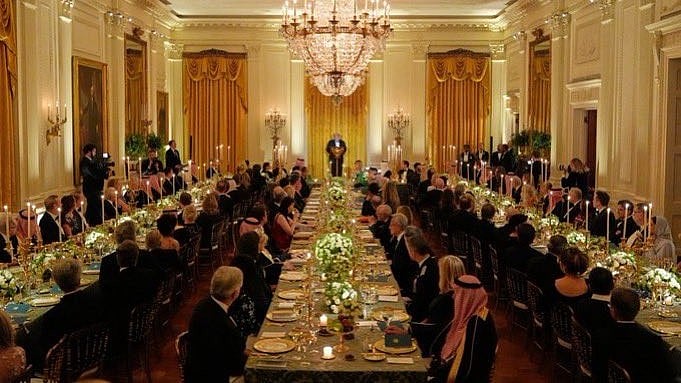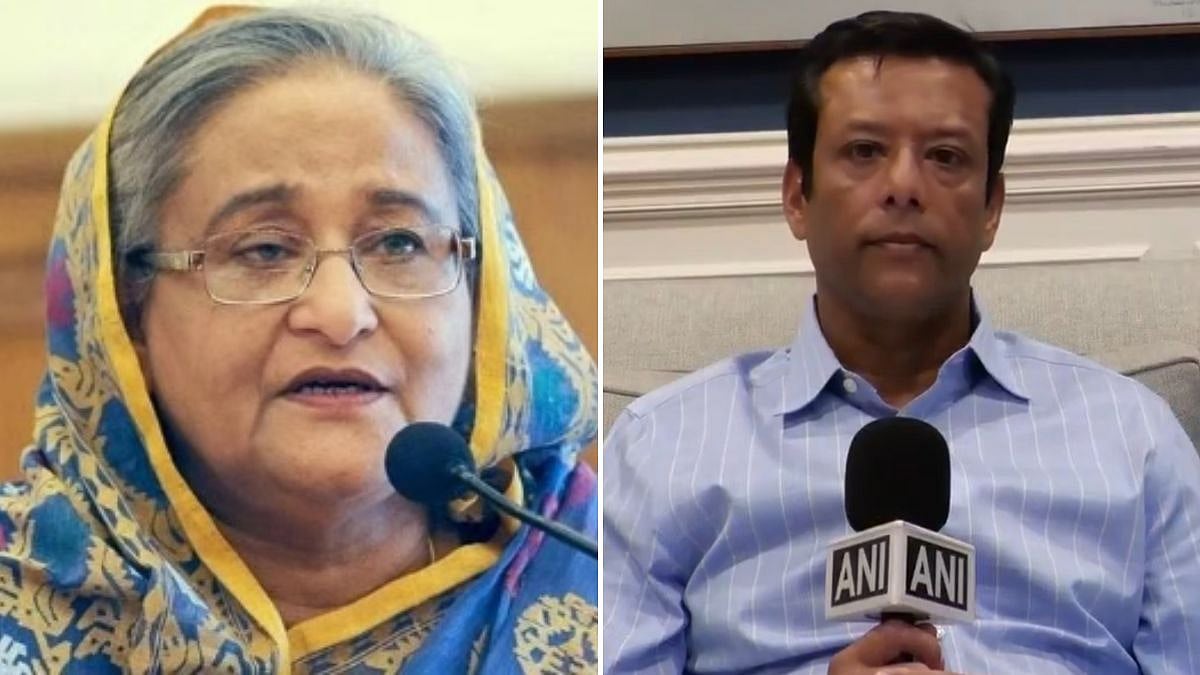Virginia [US]: The son of Bangladesh's ousted Prime Minister Sheikh Hasina has launched a scathing attack on Dhaka's extradition request, dismissing the legal proceedings against his mother whilst warning India of a growing terrorism threat from across the border.
In an interview with ANI, since his mother was flown to India in August 2024, Sajeeb Wazed Joy expressed profound gratitude to Prime Minister Narendra Modi for granting her asylum, claiming militants had been planning to assassinate her.
Wazed flatly rejected the legitimacy of Bangladesh's extradition request, alleging violations of judicial norms in the cases against his mother.
Sajeeb Wazed's Statements
"They terminated 17 judges before the trial, amended laws illegally without parliamentary approval, and barred her defence attorneys from court proceedings," he told ANI. "When there is no due process whatsoever, no country is going to extradite." He expressed confidence that Indian authorities would reject the request, citing the absence of proper legal procedures in Dhaka.
The ousted Prime Minister faces multiple charges in Bangladesh related to her 15-year tenure, but Wazed insists the judicial process has been fundamentally compromised by the interim government.
Explaining the circumstances of his mother's dramatic departure, Wazed credited India with saving her life.
"India has essentially saved my mother's life. If she hadn't left Bangladesh, the militants had planned on killing her," he said.
Whilst acknowledging his government's "mishandling" of the initial protests in July 2024, he characterised the subsequent events as an orchestrated "political coup" rather than a spontaneous popular uprising.
In claims likely to resonate with security establishments in New Delhi, Wazed alleged that the interim Yunus government has released "tens of thousands of terrorists" previously convicted under Sheikh Hasina's administration.
He claimed that Lashkar-e-Taiba is now operating freely in Bangladesh, alleging links between its local branch and recent terror attacks in Delhi.
"I think Prime Minister Modi is probably very, very concerned about terrorism from Bangladesh," he said, directly connecting the political upheaval in Dhaka to India's security concerns.
The allegations come amid already strained relations between the two neighbours over treatment of minorities and border security.
In a significant escalation of his allegations, Wazed accused Pakistan's intelligence agency of arming militants who infiltrated last year's protests.
Citing video evidence of armed individuals amongst demonstrators, he said: "Without a doubt, these weapons had to have been supplied from somewhere in the subcontinent and the only possible source is ISI." He also referenced recent remarks by US President Donald Trump, who allegedly stated that the previous Biden administration spent "millions of dollars on regime change in Bangladesh" through USAID funding.
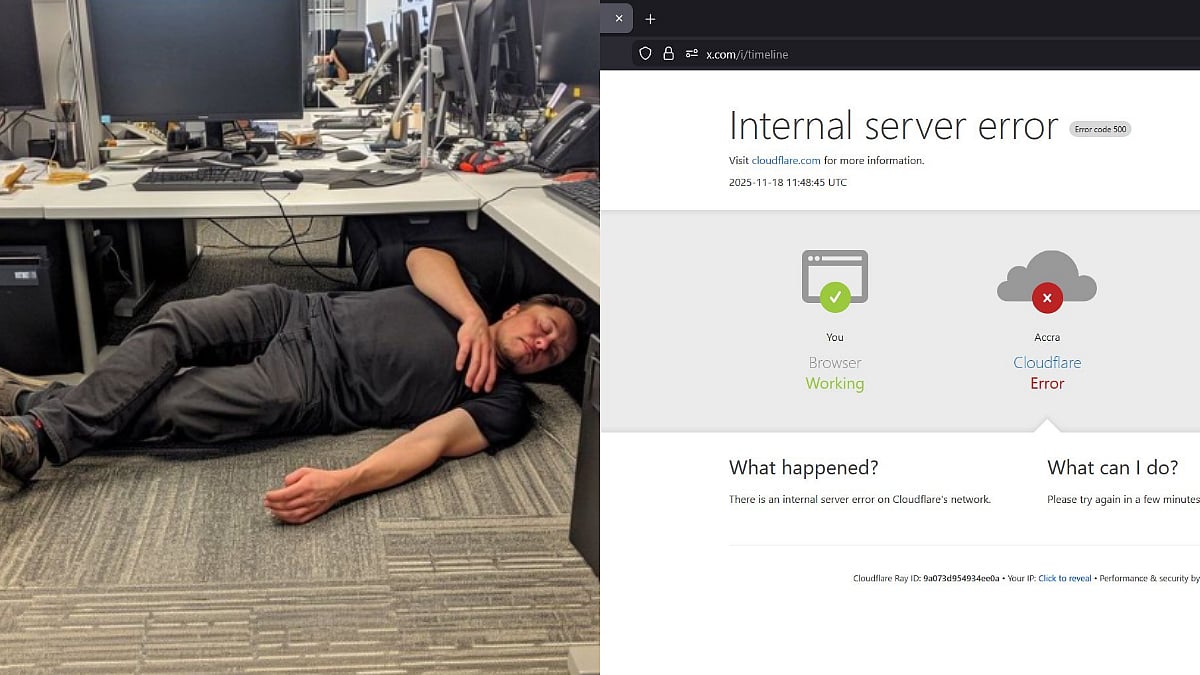
The Trump administration, Wazed suggested, appeared "more concerned about the threat of terrorism and the rise of Islamism in Bangladesh" than its predecessor, though he declined to confirm any direct contact with current US officials.
Wazed painted a stark picture of conditions under the interim government led by Nobel laureate Muhammad Yunus, claiming "tens of thousands of political prisoners" remain incarcerated without trial.
"You've had an unelected government staying in power for over a year and a half. Everything has been done undemocratically," he said, adding that more than 100 former members of parliament are among those detained.
The interim administration has defended its extended tenure as necessary to implement reforms following what it describes as years of authoritarian rule. However, it has yet to announce a firm timeline for elections.
Challenging the interim government's legitimacy, Wazed questioned why elections have not been held if Yunus commands genuine public backing.
He cited polling data showing the student movement's political party garnering just two per cent support.
"If Muhammad Yunus was popular, then why would he not have held one election and then run the country with legitimacy?" he asked.
On allegations of corruption within his mother's government, Wazed offered a qualified acknowledgement whilst emphasising economic achievements.
"Corruption existed in Bangladesh, of course," he conceded, but argued the country had improved from being ranked the world's most corrupt to falling out of the top 10 under Sheikh Hasina's rule.
He pointed to Bangladesh's graduation from least developed country status to its recognition as a potential "Asian tiger" as evidence that corruption had not been systemic.
"This level of development and economic growth would not have been possible with major corruption," he added.
The interim Bangladesh government has not responded to the specific allegations made by Wazed regarding judicial procedures, the release of convicted terrorists, or the number of political prisoners currently detained.
(Except for the headline, this article has not been edited by FPJ's editorial team and is auto-generated from an agency feed.)
